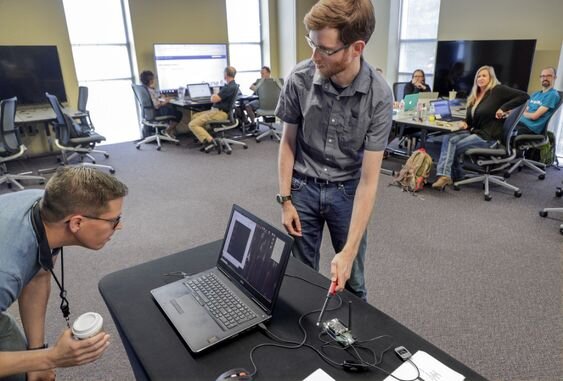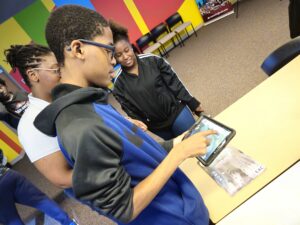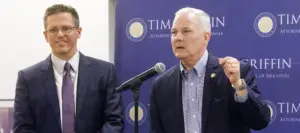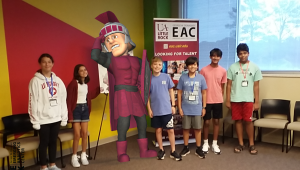June 26, 2019

The University of Arkansas at Little Rock Emerging Analytics Center hosted a three-day workshop for secondary education teachers who teach cybersecurity in Arkansas June 5-7.
Funded by a $276,424 grant from the National Science Foundation, the workshop is part of a program to promote cybersecurity education in Arkansas high schools.
The 20 participating teachers learned about the fundamentals of cybersecurity, including spoofing, network protection, cryptography, cyberattacks, web application security, and password cracking.
Additionally, the teachers evaluated an open-source cybersecurity curriculum currently in development by UA Little Rock professors and graduate students. Members of the UA Little Rock Cybersecurity Club are creating cybersecurity exercises through cloud technology that high school teachers will be able to provide to their students at no cost beginning in the fall.
This is part of UA Little Rock’s effort to create a pipeline for students to fill cybersecurity positions in the workforce.
“This workshop meets a significant need since the state of Arkansas is very interested in utilizing cybersecurity in secondary education,” said Philip Huff, a research associate with the Emerging Analytics Center who ran the workshop. “Gov. Asa Hutchinson’s has expanded computer science education, and now they want to expand cybersecurity education. We want to play a central role in educating cybersecurity students and getting them ready for the workforce.”
Workshop participant Scott Maddox just finished up his first year as a cybersecurity instructor at Vilonia High School. He was inspired to make the switch from band director to cybersecurity teacher after Gov. Asa Hutchinson signed Arkansas Act 187, which required all of the state’s public and charter high schools to offer a course in computer coding.
“When Gov. Hutchinson came out with the computer science education initiative, I really jumped on it, took a lot of training courses, and learned as much as I could,” Maddox said. “It’s been a very rewarding transition.”
Maddox said the most valuable part of the workshop has been gaining access to tools, programs, and activities that he can incorporate into his future classes.
“Overall, the fact that we are getting some really good tools to use in the classroom is a great benefit,” Maddox said. “The big thing is the virtual lab environments that enables the students to utilize a lot of the techniques they are learning to defend against cyberattacks without negative consequences on our school’s network. That is very valuable for someone like me who doesn’t have a computer science background.”






